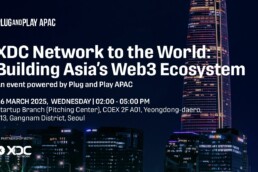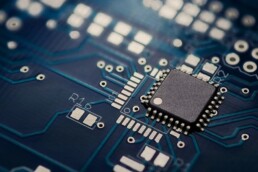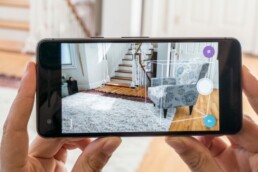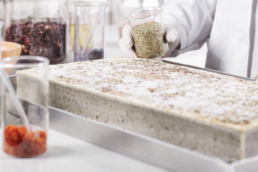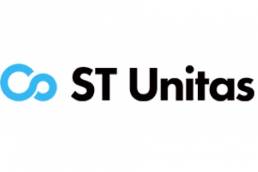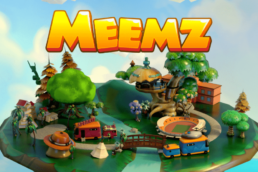Education is very important for any society that is looking to make progress. While Education is widely available in many regions, it is not always the case in Africa. UNICEF reports that nearly 50% of Africa’s population is under 18. This means that Africa’s child population will reach 1 billion by 2055. However, nearly 20% of children between the ages of 6 and 11 are out of school. As they get older, this percentage increases. African leaders and policymakers have been trying different ways to transform the continent’s education sector and improve access to education for decades with little progress. The good news is that there are renewable energy startups and sustainability startups in Africa and from around the world looking to provide sustainable education in Africa with innovative solutions.
Innovative solutions are necessary as Africa has low internet penetration, which means many children can not access the internet. One of these solutions comes from a startup in South Korea called YOLK. YOLK represented South Korea in the P4G Entrepreneurs and SMEs Challenge. The company created the Solar Cow, a charging system that can be put in schools to provide energy to students’ families and encourage parents to send their children to class. Solar Cow enables sustainable education for children in Africa by supplying affordable and clean energy for the community.
Sustainable Education in Africa through Solar Cow

Families in Africa face many challenges that most might take for granted. For example, most households in Africa are not yet connected to national electricity grids. Therefore 20% of their income goes into energy, which comes from kerosene or diesel-powered kiosks. YOLK looks to address this problem with their charging station called Solar Cow. It consists of solar panels, storage batteries, and charging stations for portable batteries (called “Solar Milk”).
Stanley Ng, Program Manager at New Energy Nexus Southeast Asia, had the opportunity to meet the company through the P4G Entrepreneurs and SMEs Challenge Business Matching. His impressions of Yolk are that:
“Yolk brings a fresh touch of product design and creativity to the energy access sector with their Solar Cow. This solution has the potential to empower a generation of youth encouraging school attendance and uplifting their communities.”
Solar Cow – How does it work?
Each student can take the Solar Milk battery and charge it through the Solar Cow while they learn at school. Therefore, after finishing their classes, the Solar Milk will be fully charged, and the children will be able to take them home to their families. The next day the children bring the Solar Milk back to school to recharge them again. This is not only an affordable source of power but also a clean and sustainable solution. Moreover, it can light the home and even power digital devices like radios/phones/computers.
The Solar Cow project was first launched in Pokot, Kenya, in 2018. Then in 2019, it was launched in Tanzania. Finally, the third Solar Cow was installed in Kwale, Kenya. All three pilots showed an increase in classroom attendance.
Popular
Related Posts

